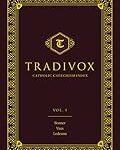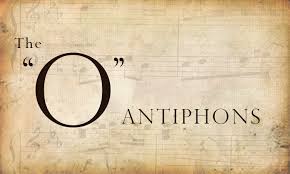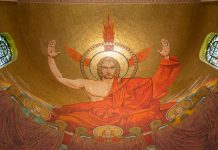
The book of Wisdom, which we begin reading today, is based on the insight that wisdom is different from knowledge. Anyone with brains can know something, but not everyone can be wise. If you study medicine, for instance, or mathematics, you can learn about the functioning of the human body or the intricacies of differential calculus. But more than a brain is required to becomes wise. And what is that all-important additional factor? It is virtue, as we hear in today’s reading: “Wisdom will not enter a deceitful soul or dwell in a body enslaved to sin.”[1]
Wisdom, we see, is not primarily concerned with mere factual information. Rather it is about honouring a scale of values, putting first things first. And the most important element of human life is our relationship with God. When that is right, everything else follows and can be assigned its rightful place. Consequently, a wise person often returns in his thoughts and prayers to what Jesus said and did, for there we find the perfect and complete revelation of God, and our hearts, like the disciples who encountered the risen Lord on the road to Emmaus,[2] will be burning with the love of God. From this vantage point, we can readily understand what is required of us in worship and in service. It is not surprising that a vicious, selfish person is blind, deaf and dumb when religion is mentioned. He is like a tone-deaf person at a concert. He simply cannot hear the music, and he is tempted to ridicule those who try to explain what he is missing. So too is it with someone who is an habitual sinner: the commandments, the Gospel message are simply incomprehensible to him, like a foreign language.[3]
So … open your hearts to the wisdom that comes from the Spirit of Jesus, dwelling within and become wise in the knowledge of God.
[1] Wis 1.4.
[2] Lk 24.32.
[3] Cf. St. John Henry Newman, “Faith and Reason Contrasted as Habits of Mind” University Sermons, no. 10 (London: Longmans, Green, and Co., 1896), p. 198: “Gross eyes see not; heavy ears hear not.”










